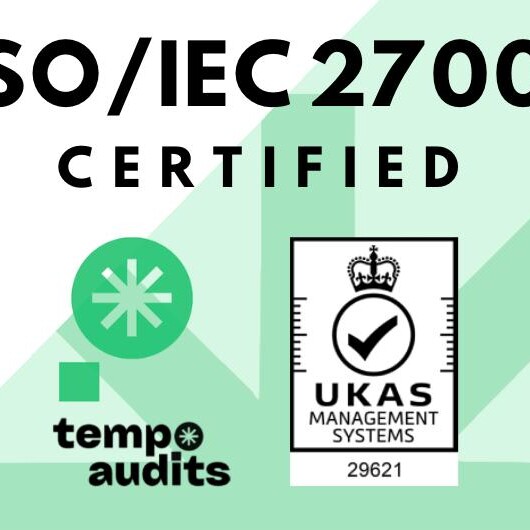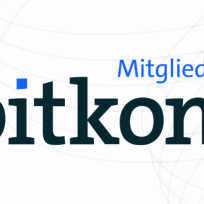FiDA as an Opportunity: How Data-Driven Compliance Strengthens Financial Institutions
Since the publication of the European Commission’s 2026 work program at the latest, FiDA has once again been at the center of current regulatory discussions in the financial sector. While the legislation is primarily intended to advance the digitization and harmonization of the financial market in Europe, it also presents financial institutions with the challenge of modernizing their internal processes, particularly in the area of compliance. Instead of viewing the new requirements as a purely administrative burden, FiDA offers the opportunity to fundamentally redesign compliance governance and generate true added value from this obligation.
The FiDA Challenge and the Limitations of Traditional Methods
FiDA aims to simplify the digital access to and exchange of financial data, which necessitates greater standardization and interoperability of systems. For compliance departments, this means that the previous manual processes, which relied on isolated data silos and time-delayed reporting, are no longer sufficient. Employees, for example, are required to report personal securities transactions. The manual collection of employee portfolio data via email or Excel sheets is error-prone and fails to provide a consistent data basis. This hinders the quick and accurate risk assessment that is, however, essential in a dynamic market.
From Compliance Risk to Data-Driven Platform
A technical solution for compliance reporting turns the requirements of FiDA into an opportunity. Such a system can serve as a central platform that automatically captures and keeps all relevant employee assets up-to-date. The ability to import data from thousands of banks and brokers and even analyze the underlying assets of ETFs, funds, and certificates creates a comprehensive and valid data basis.
This data-driven platform provides compliance officers with the audit results for the requested mandates in real-time. This not only enables a quicker response to potential rule violations but also delivers valuable insights for risk management. The collected data can also be used for generating transparent reports. Furthermore, employees also benefit from the technology, as the platform provides practical tools for managing their own finances and simplifies the fulfillment of their reporting obligations.
Conclusion
The requirements of FiDA are driving digitization and compelling financial institutions to rethink their compliance processes. An integrated, API-driven platform is the logical answer to this challenge. It not only minimizes risk and ensures legal certainty, but also creates a foundation for future data-based services. Investing in such a technological solution is therefore not merely a necessity, but a strategic decision to remain competitive in the digital financial market.
wealthAPI Blog
wealthAPI is now ISO27001 certified
IT security is an important part of our daily work, and ISO/IEC 27001 certification underscores our…
wealthAPI Joins Bitkom and Participates in Current FinTech Study
wealthAPI has officially become a new member of Bitkom, the Federal Association for Information…
The EU AI Act for Fintechs and Banks: Obligations, Risks, and Compliance Steps
The financial sector has always been a pioneer in the use of data and algorithms; now it is…



